"Treacherous U.S. breaks pacts" Iran tells Iraq
Iran has warned Iraq that an "intensely treacherous" U.S. habitually breaks pacts like the one it recently concluded on American troops quitting Iraq by 2011.
Monday, 05.01.2009.
14:43

Iran has warned Iraq that an "intensely treacherous" U.S. habitually breaks pacts like the one it recently concluded on American troops quitting Iraq by 2011. Iran's Supreme Leader Ayatollah Ali Khamenei issued the warning to Iraq's visiting Prime Minister Nuri al-Maliki, whose country last year reached the agreement on the pullout of U.S. troops now numbering more than 140,000. "Treacherous U.S. breaks pacts" Iran tells Iraq Al-Maliki met Khamenei in Tehran a few days after U.S. forces in Iraq came under an Iraqi mandate, a move al-Maliki says restored sovereignty nearly six years after U.S.-led forces toppled Saddam Hussein. Khamenei "pointed at the American government's mischief and efforts to consolidate its domination and plunder the resources of the country," state television said. Commenting on the U.S.-Iraq security pact on U.S. forces, whose combat troops are due to pull out of towns by mid-2009, Khamenei added: "The Americans are intensely treacherous and break pacts to the extent that they do not have real friendship even with their close allies in the region." Khamenei, the Islamic Republic's top authority, repeated Iran's view that the presence of U.S. and British forces was largely to blame for violence and other problems in Iraq. He held talks with al-Maliki on the same day as a suicide bomber killed at least 35 people and wounded more than twice as many at a Shi'ite shrine in Baghdad. Many of the casualties were pilgrims from Iran, like Iraq a predominantly Shi'ite Muslim country. "The presence of American and British forces in Iraq is the principal source of various problems including terrorism in that country," state radio quoted Khamenei as saying. The report did not make clear whether they met before or after news of the attack in the Iraqi capital. The United States cut diplomatic ties with Iran shortly after its 1979 Islamic Revolution and they are now at odds over Tehran's disputed nuclear program. Washington and Tehran have also traded accusations about who is responsible for violence in Iraq. U.S. officials say Tehran backs Iraqi militants. Tehran blames the presence of U.S. forces and says they should withdraw from Iraq and the whole region. Baghdad has long urged both sides not to use Iraq as a proxy battleground. The level of violence in Iraq has recently subsided but lethal bomb and gun attacks are still common. Before his visit to Tehran, al-Maliki told Iranian state television his government would not allow Iraq to be used as a base to threaten its neighbors. The United States has refused to rule out military action if diplomacy fails to end the dispute over Iran's nuclear program. Washington and its allies accuse Iran of seeking nuclear weapons, which Tehran denies.
"Treacherous U.S. breaks pacts" Iran tells Iraq
Al-Maliki met Khamenei in Tehran a few days after U.S. forces in Iraq came under an Iraqi mandate, a move al-Maliki says restored sovereignty nearly six years after U.S.-led forces toppled Saddam Hussein.Khamenei "pointed at the American government's mischief and efforts to consolidate its domination and plunder the resources of the country," state television said.
Commenting on the U.S.-Iraq security pact on U.S. forces, whose combat troops are due to pull out of towns by mid-2009, Khamenei added: "The Americans are intensely treacherous and break pacts to the extent that they do not have real friendship even with their close allies in the region."
Khamenei, the Islamic Republic's top authority, repeated Iran's view that the presence of U.S. and British forces was largely to blame for violence and other problems in Iraq.
He held talks with al-Maliki on the same day as a suicide bomber killed at least 35 people and wounded more than twice as many at a Shi'ite shrine in Baghdad.
Many of the casualties were pilgrims from Iran, like Iraq a predominantly Shi'ite Muslim country.
"The presence of American and British forces in Iraq is the principal source of various problems including terrorism in that country," state radio quoted Khamenei as saying.
The report did not make clear whether they met before or after news of the attack in the Iraqi capital.
The United States cut diplomatic ties with Iran shortly after its 1979 Islamic Revolution and they are now at odds over Tehran's disputed nuclear program.
Washington and Tehran have also traded accusations about who is responsible for violence in Iraq. U.S. officials say Tehran backs Iraqi militants. Tehran blames the presence of U.S. forces and says they should withdraw from Iraq and the whole region.
Baghdad has long urged both sides not to use Iraq as a proxy battleground. The level of violence in Iraq has recently subsided but lethal bomb and gun attacks are still common.
Before his visit to Tehran, al-Maliki told Iranian state television his government would not allow Iraq to be used as a base to threaten its neighbors.
The United States has refused to rule out military action if diplomacy fails to end the dispute over Iran's nuclear program. Washington and its allies accuse Iran of seeking nuclear weapons, which Tehran denies.














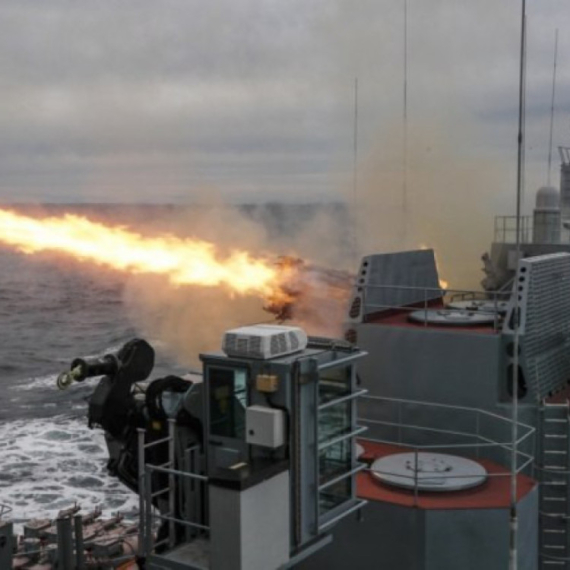


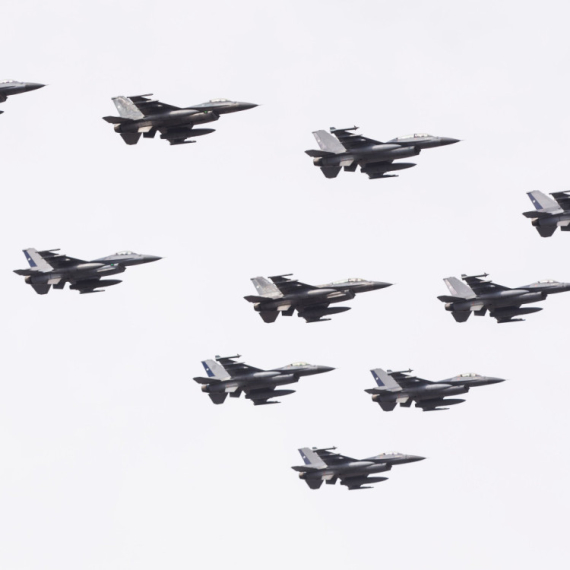

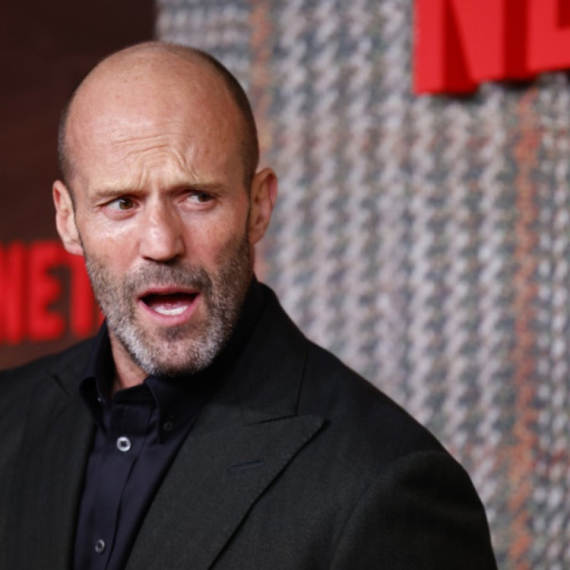
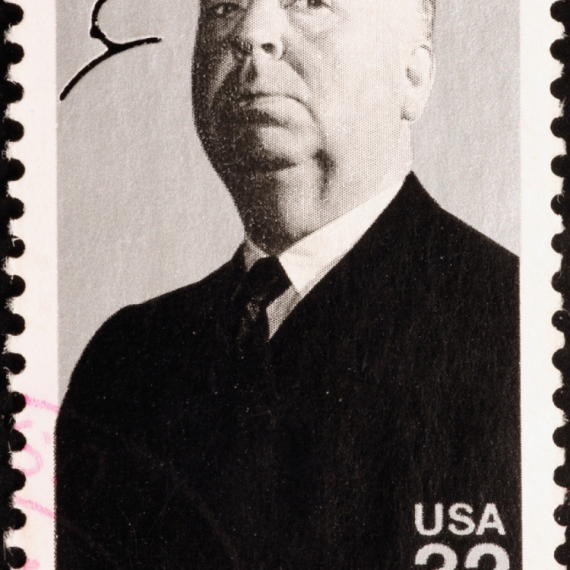

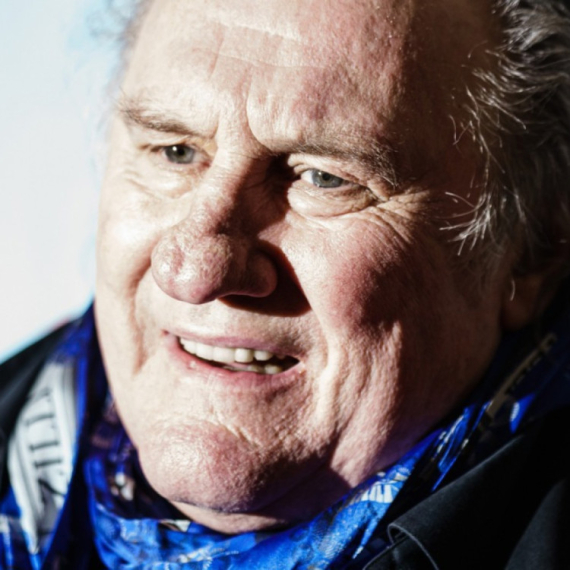





















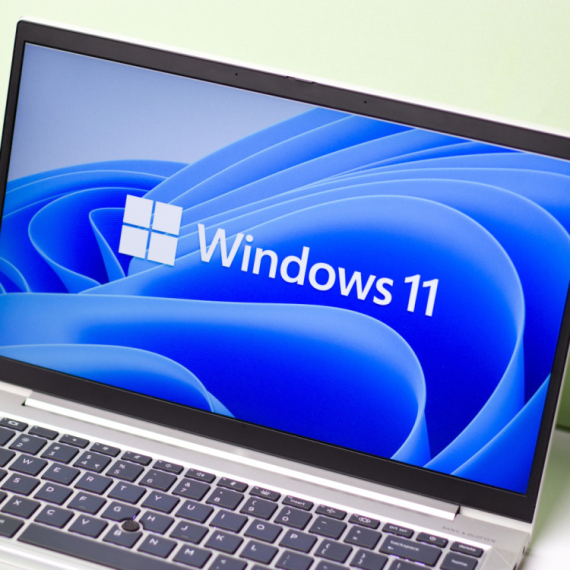
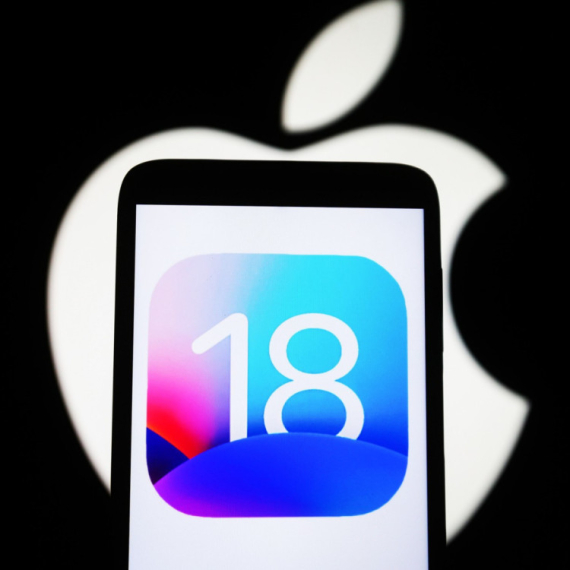








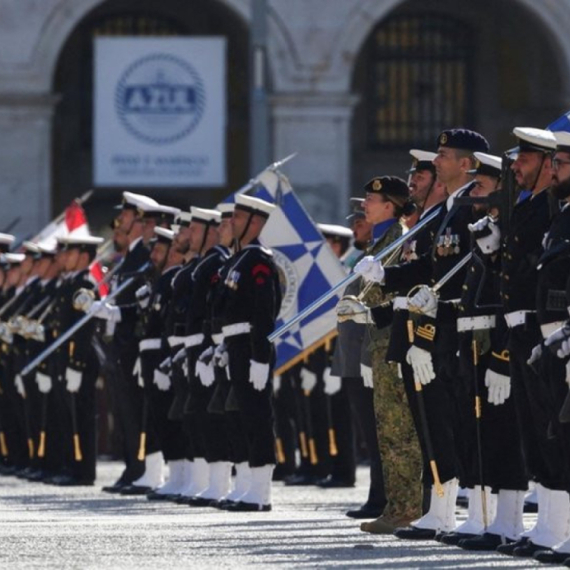

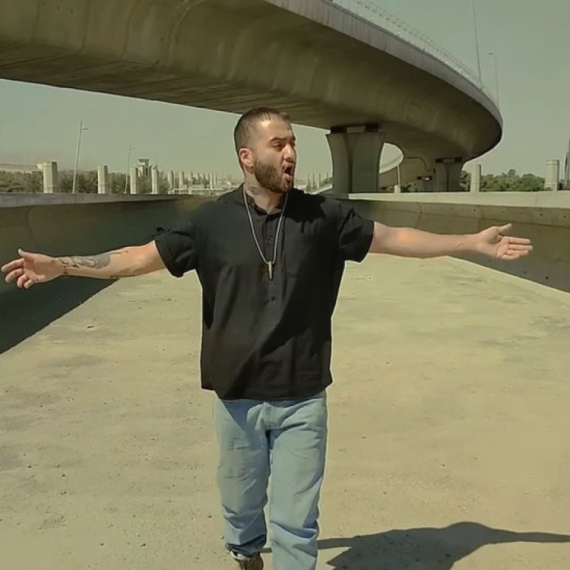

Komentari 0